This semester three Transylvania classes-Gary Deaton’s Organizational Communication, Kerri Hauman’s Business Writing, and Adam Evans’s Consumer Behavior-are all working together with the Admissions office to increase future enrollment.
As Director of Enrollment Communications Laura Rudolph explains, “Each of the three courses are working in unison to explore the past, present, and future of admissions. Students will be digging into research, exploring consumer behavior, and examining digital media with the goal of delivering new ideas and insights that can positively impact Transy in each students’ college search process.”
Professor of Business Administration Adam Evans also emphasized the theme of past, present, and future. He described that his class is the present by going on tours and speaking with admissions staff as well as visiting students and parents.
The Organizational Communication class will be looking at data of both national admissions trends and Transy’s admissions office, making them the past. They will be analyzing this data because, as Professor of Writing, Rhetoric, and Communication (WRC) Gary Deaton states, “If we’re going to do an analysis on what we should do we need to know what we are doing right now.”
Lastly, the Business Writing class is the future. As WRC Professor Kerri Hauman puts it, her class will be determining “what sort of multimodal text they can create-or based on time and scope, that they can recommend the Admissions staff later create-to better appeal to prospective students and their parents.”
The project is working as a three-step process with Deaton’s class passing their information onto Evans’s class once they are finished. Then, the Consumer Behavior class will give their work to the Business Writing class. Each class is split into four groups, and all twelve groups will give a presentation to the Admissions office on Reading Day-the Monday of finals week.
This collaborative style between three classes and the Admissions office reflects Transylvania and the liberal arts.
“This collaboration provides our students with continued opportunities to work in an interdisciplinary way, something that we constantly talk about in admissions. We are not only promoting Transy but the liberal arts, and this collaboration is a wonderful example of the liberal arts at work,” said Assistant Director of Admissions Sarah Guinn.
Further, Evans sees this project as something truly beneficial to the future of teaching in general. He explained that not only is the student reaction very positive, but it also benefits students. By working with three different professors, it allows students to gain multiple levels of expertise and knowledge. Advancing teachers knowledge will advance the knowledge of their students in a productive and essential way for the future, development for educators should be looked at for all levels of the teaching profession.
“I’ve always loved being a teacher, and this is the route I want to go with teaching moving forward. I think this collaboration project is the wave of the future of teaching,” said Evans.
A project like this is also critical for students to gain real-life, hands-on experience. All three professors have worked with outside clients and organizations before and spoke on the growth and developments in students.
Hauman noted that an experience like this not only benefits students currently but in the long run as well in developing skills needed for life after college. She explained that even frustrations experienced with the project will give the students an insight in how the world works.
“I’ll admit, while working on this type of project, students often get frustrated by unclear expectations or timelines or by someone who isn’t doing their fair share of work, but those are common problems they will almost certainly have to deal with in other aspects of their lives, and ultimately, they gain valuable skills I’m not sure I could have helped them to develop otherwise,” said Hauman.
Although each professor has done projects with outside organizations before, usually the projects are not done with an organization on campus. Deaton explained that working internally changes the dynamic of the project, particularly in student motivation and interest.
“Our students would be really motivated by that,” said Deaton. “They would not only get the learning but they would actually make a difference in the campus that they love and leave a legacy potentially.”
The Admissions office is excited and hopeful for the work the classes will produce and sees it being beneficial to all.
As Rudolph described, “Having worked at several institutions, I can certainly say that it’s rare to find such genuine excitement and interest in pursuing this type of academic collaboration. We’re lucky to have the opportunity to engage in such a cool way. We hope the students learn as much during the process as we do.”


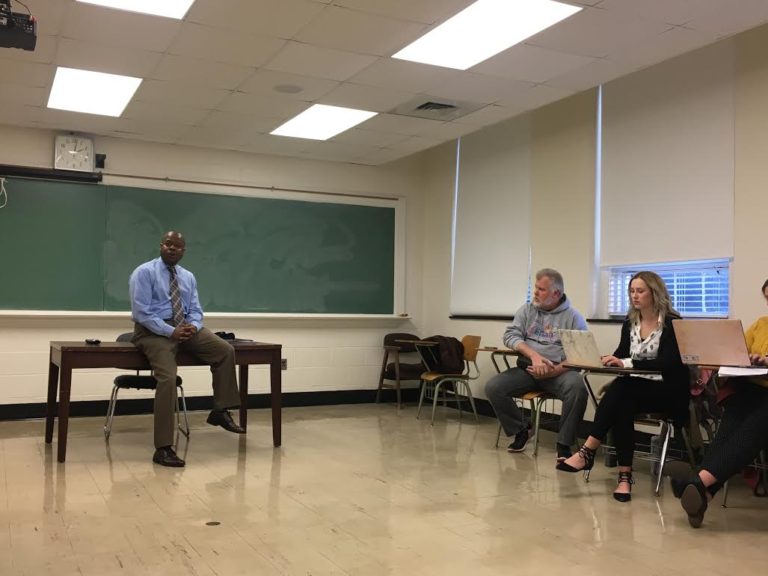



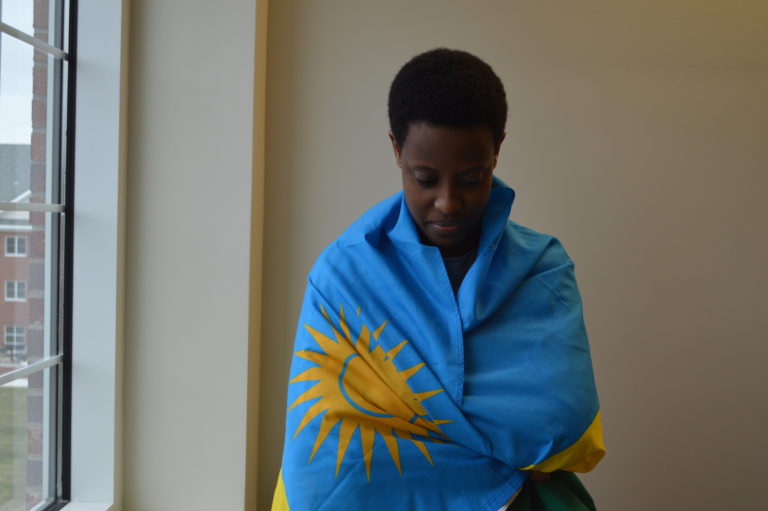

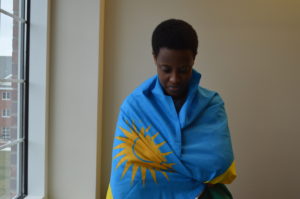
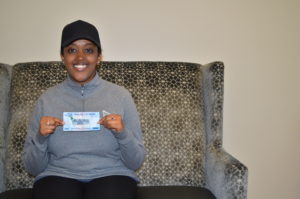


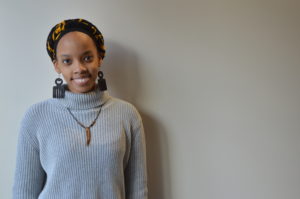
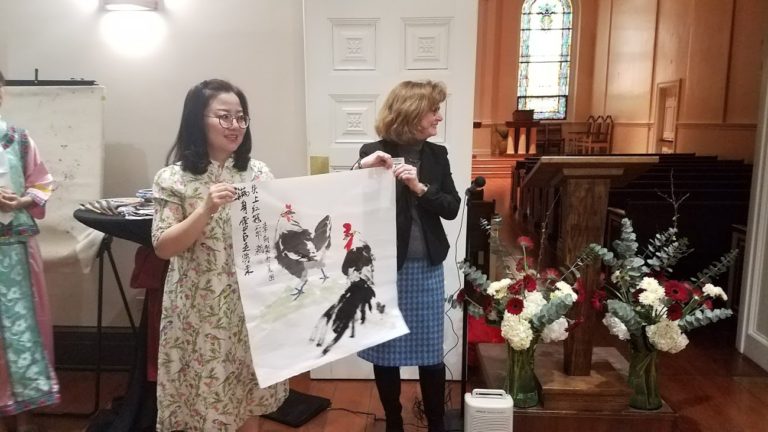
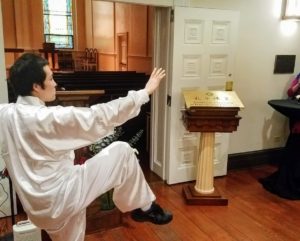


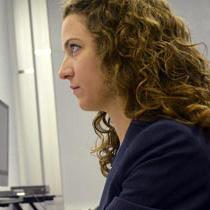

Language Letter: First yet foreign language
Letter to the Editor
-Julie Graf